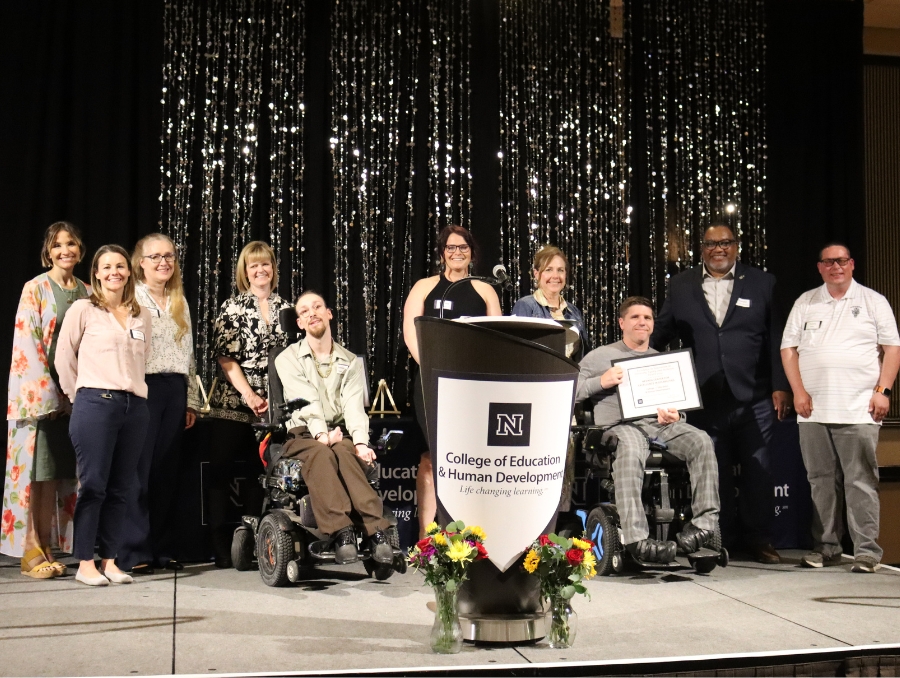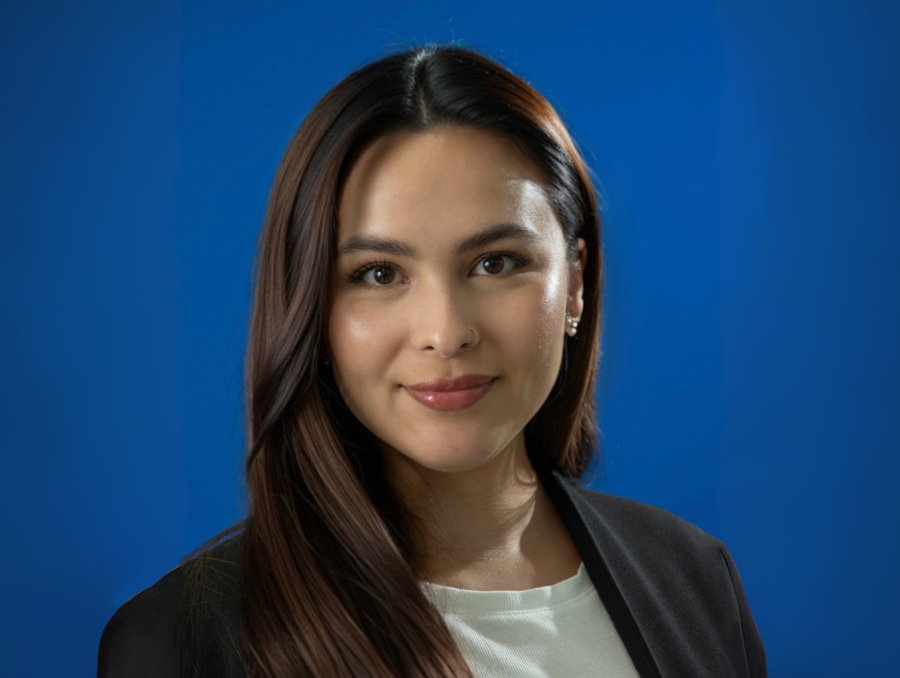What Richard Mason calls “service learning opportunities” is the kind of meaningful interaction that characterizes and distinguishes an innovative partnership between the University of Nevada, Reno’s College of Business and the Community Services Agency.
The program that the University and the Community Services Agency participates in is known as the Volunteer Income Tax Assistance Program (VITA). It is a nationwide program and is a partnership between IRS-SPEC (Stakeholder Partnership, Education and Communication) and various local organizations. Over the past three years the program has helped College of Business students gain valuable hands-on experience in helping low-income Washoe County residents file their taxes. The service allows low-income families to file their taxes for free.
What has impressed Mason, an associate professor of accounting, has been his students’ devotion to duty during the program. On the final night of the program, April 14, one student, who was fluent in Spanish, continued working with families up until about 11 p.m. in an effort to ensure that their tax forms were correctly completed and in the mail before the midnight deadline.
“It really is the best of service learning opportunities,” said Mason, who along with 67 of his students filed more than 700 returns. Each student contributed a minimum of 12 hours to the effort, though Mason noted that most students did more hours than the minimum. “It’s a large service learning opportunity, and in terms of hours, one of the largest we have on our campus for our students. It helps give our students a whole different perspective, and helps them understand that there are people who really do benefit from having others reach out to them.”
In recognition of the work of Mason and his students, the College of Business received a special award from the IRS, presented by Gary P. Jansen, finance director of Community Services Agency, and Teresa Adams, senior tax consultant for SPEC. The award commended the college for its “valued partnership with the Internal Revenue Service in support of the Volunteer Income Tax Assistance Program” during the 2009 tax season.
“(The tax program) is part of what the College of Business is all about,” said Greg Mosier, dean of the College of Business. “Business is not just always about spreadsheets and whether or not things made a dollar. So often what we do is finding programs that can touch the greatest amount of people. This partnership is a great example of that happening.”
The numbers for the College of Business students involved in the program are noteworthy. Students contributed more than 900 volunteer hours. In addition, Adams said that the returns filed created a total refund amount coming back into the community of more than $830,000. Also, there were estimated fees of more than $196,000 saved by the taxpayer in the community for using the program.
“And without the volunteers, the program would not be a success,” Adams said. “With the economy the way it is today, many individuals and families will have a greater degree of financial stability because of their participation in the VITA program.”
Added Jansen: “We’re trying to help the low-income population. We are helping people who don’t normally have money to get their returns done. It’s a significant amount of money that this program helps put back into the community.”
Mason said that for his students, the program provides an uncommon opportunity to make a difference. Before they participate in the program, the students must complete the Internal Revenue Service’s Volunteer Tax Preparer Exam and must complete the Taxwise training program. In its three years of existence, the program has seen great growth in the number of returns that have been filed, from 400 tax returns filed by student volunteers in 2007 to 550 in 2008 to 770 in 2009.
“The students get a lot of interaction that they wouldn’t normally get, particularly as they move from college into the business world,” Mason said. “They first day the students volunteer, it can be a bit of a shock, because they are so busy. But by the second day they become accustomed to it … and by the end, they really enjoy it.”











